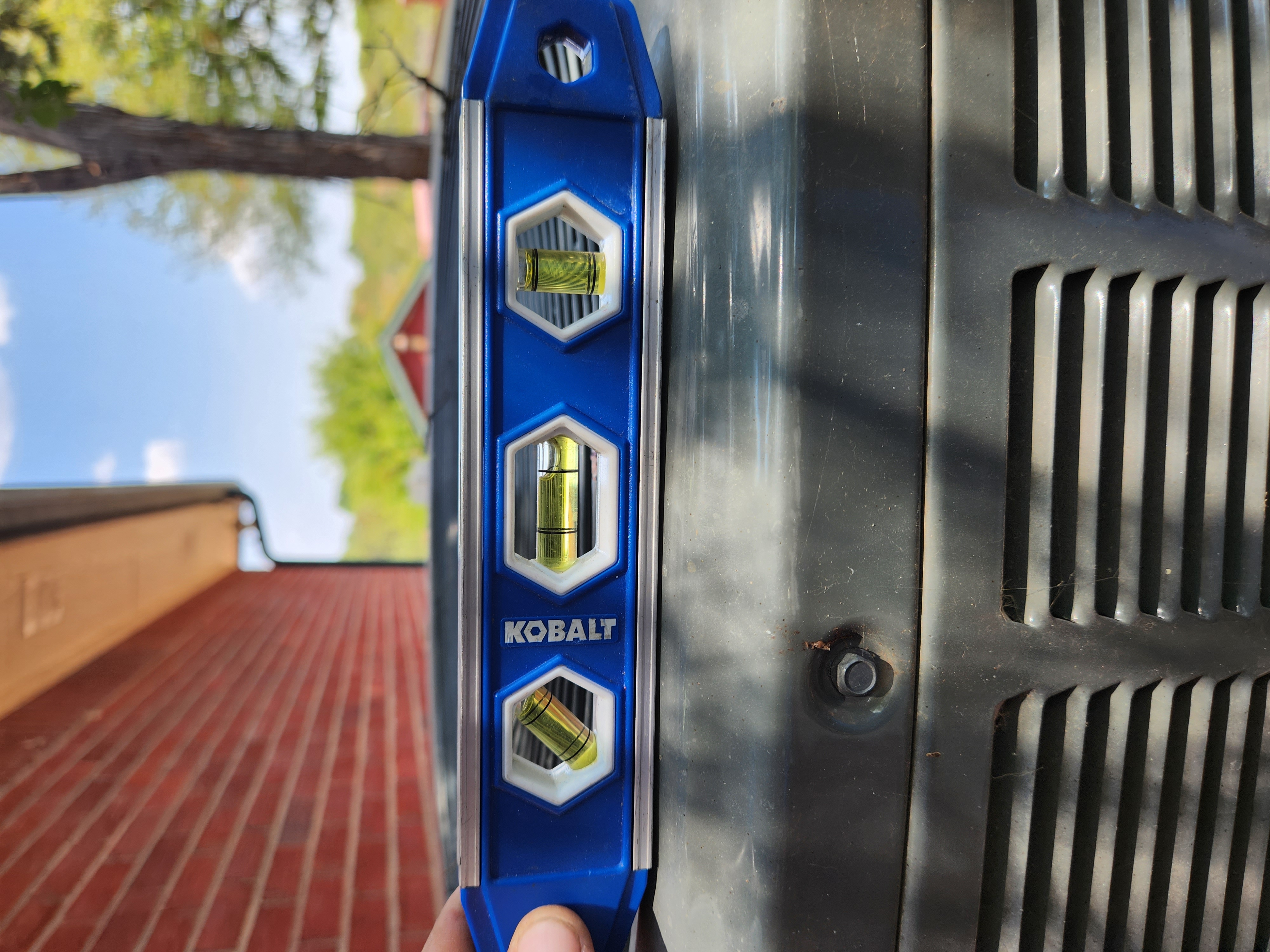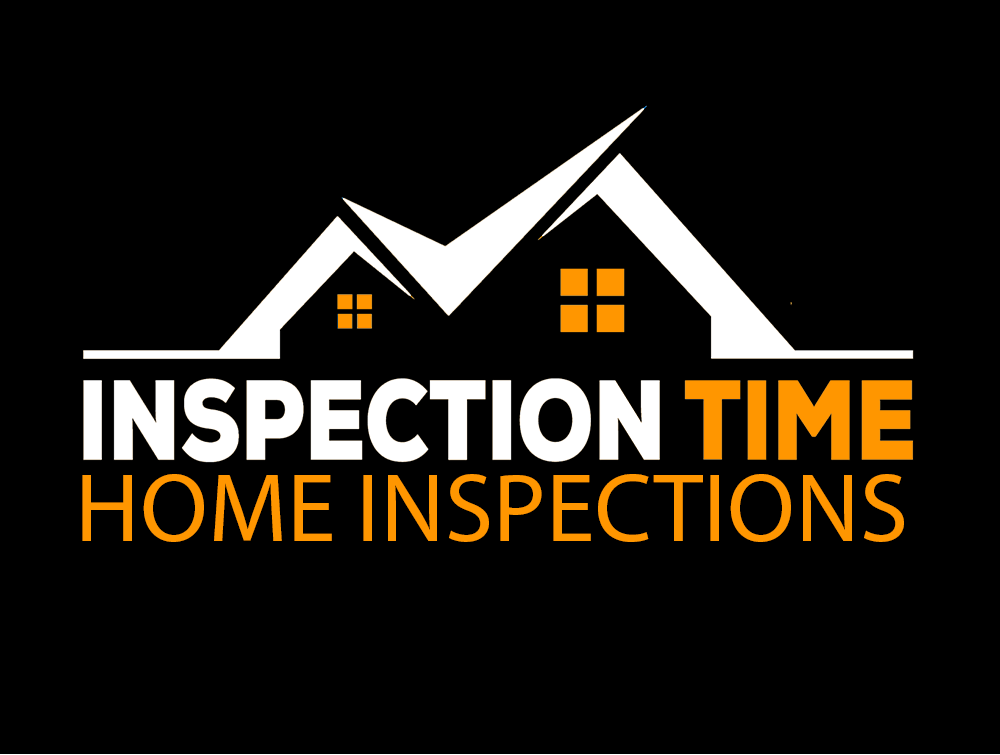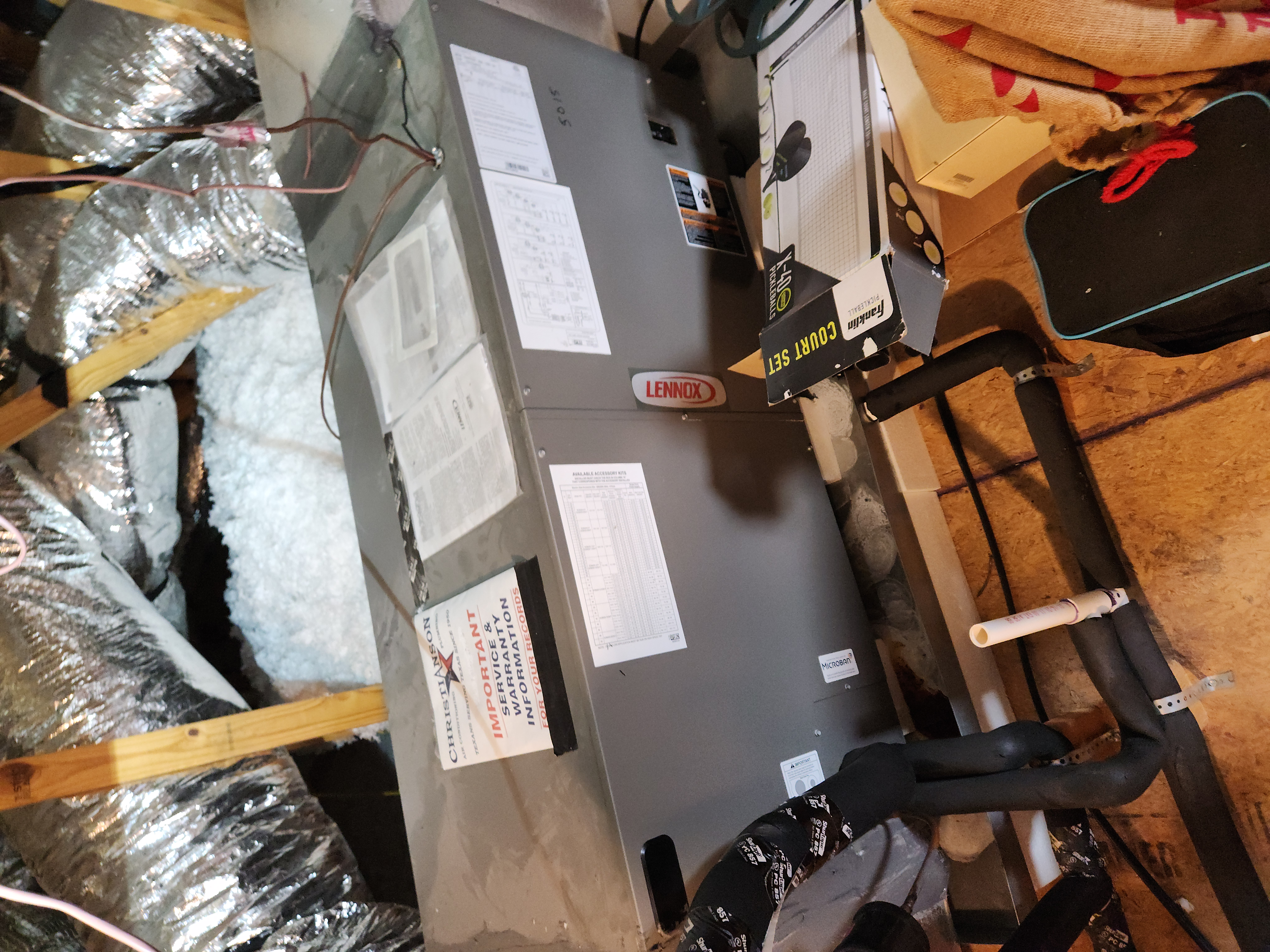What Homeowners Need to Know
Your air conditioning condenser (the big unit outside your home) plays a crucial role in keeping your home cool and efficient. But did you know that this unit should always sit level on its pad? A tilted or uneven condenser isn’t just an eyesore — it can cause serious performance and safety issues. Home inspectors frequently call this out during inspections because it impacts both system efficiency and lifespan.
Why a Condenser Needs to Be Level
- Proper Refrigerant Flow – If the unit is tilted, the refrigerant inside the compressor may not circulate correctly, leading to overheating and premature compressor failure.
- Oil Distribution – The compressor oil can pool unevenly when not level, starving moving parts of lubrication.
- Fan & Motor Performance – A slanted condenser places strain on fan blades and bearings, which can cause vibrations, noise, and early wear.
- Drainage Issues – A level condenser ensures proper water drainage, reducing the chance of rust, corrosion, or mold growth near the unit.
What the Codes Say
While the IRC (International Residential Code) and NEC (National Electrical Code) do not specifically say, “the condenser must be level,” both require that HVAC systems be installed according to manufacturer’s instructions. Nearly all manufacturers state that outdoor units must be placed level within a certain tolerance (often within 1–2 degrees).
Because inspectors follow today’s standards, an uneven condenser is a reportable deficiency.

Why Home Inspectors Call It Out
During inspections, we report an unlevel condenser because:
- It can lead to reduced efficiency and higher energy bills.
- It may shorten the life of the compressor, one of the most expensive HVAC components to replace.
- It can cause noise, vibration, and drainage issues that affect comfort and property value.
We don’t call it out to alarm — we call it out to help homeowners avoid costly repairs.
Commonly Asked Questions
Q: How can I tell if my condenser is level?
A: Place a carpenter’s level on the top of the unit. If the bubble isn’t centered, it needs adjustment.
Q: What’s the best way to fix it?
A: A qualified HVAC or contractor can re-level the condenser by adjusting the pad or using shims to stabilize it.
Q: Is it dangerous if it’s slightly tilted?
A: A small tilt may not cause immediate damage, but over time even minor unevenness can reduce efficiency and wear out the system prematurely.
Q: Should I replace the pad if it’s sinking?
A: In some cases, yes. If the pad is cracking, shifting, or sinking unevenly, replacement is often the best long-term solution.
Final Thoughts
Your condenser is a critical part of your home’s HVAC system, and keeping it level is one of the simplest ways to extend its lifespan and maintain efficiency. Home inspectors call this out not to nitpick, but to help homeowners protect one of the most expensive systems in their home.
#HomeInspection #HVAC #AirConditioning #CondenserUnit #HomeMaintenance #EnergyEfficiency #HomeTips #BuildingStandards




